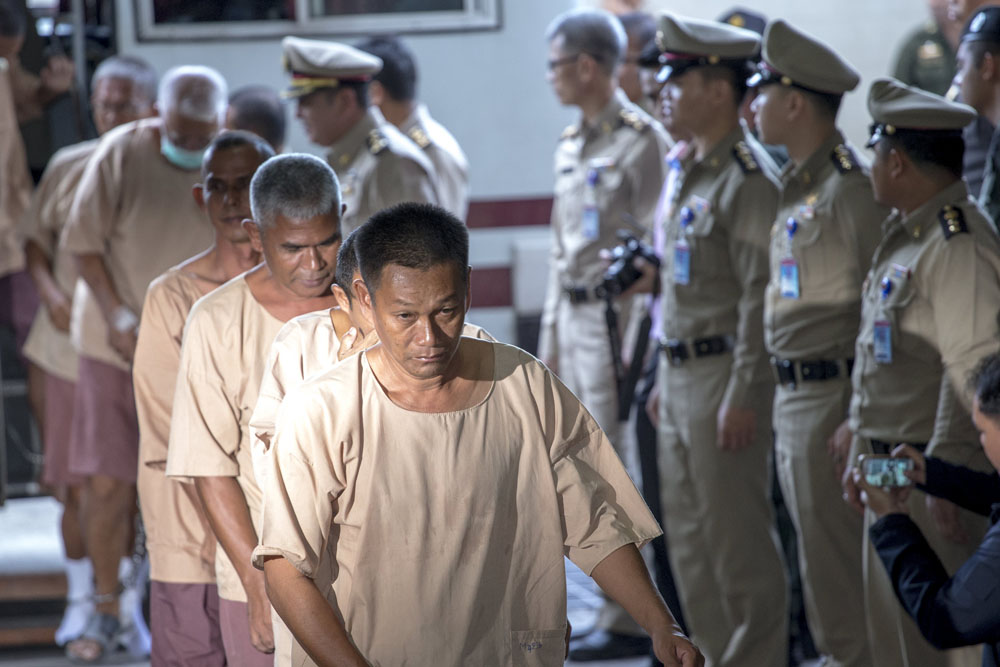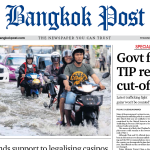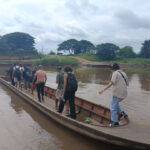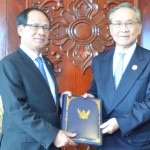
The largest and most significant trial of human traffickers in Thailand opened last week in a special court in Bangkok with 92 defendants, including an army general and politicians, accused of trafficking and abusing Rohingya migrants, following the discovery of mass graves near the border with Malaysia last May.
The arrests and prosecutions have dealt a severe blow to one the largest and most powerful transnational human trafficking syndicates operating in Thailand and Southeast Asia and is a major victory for intelligence-led Thai law enforcement. Thailand’s Prime Minister Prayut Chan-o-cha has made the fight against human trafficking a national priority and vowed not to spare anyone involved, no matter what rank they hold or who their connections may be.
So far, Thailand is the only country in the region to arrest and prosecute high-ranking officials for involvement in human trafficking, despite the fact that victims are being trafficked in large numbers from Myanmar and Bangladesh. Thai police are still pursuing members of the syndicate who have evaded arrest, have not ruled out that more officials may be involved, and are investigating other trafficking gangs operating in and around the Kingdom.
Prosecutors vowed that justice would be swift, expecting the case to be completed within one year, despite its complexity and the number of defendants involved. The trial is being held in the special Human Trafficking Division of the Criminal Court in Bangkok, one of three special courts established in August last year. The other two handles cases dealing with narcotics and official corruption.
All 92 defendants, including former three-star Army General Manas Kongpaen, were marched into court last Monday, wearing pale orange prison shirts, in handcuffs and with their ankles shackled. The defendants include a colonel from the Internal Security Operations Command, police officers, bureaucrats and local politicians from southern Thailand, along with career criminals.
Police are still seeking more than 20 other suspects who have fled, and a separate case with more defendants and focusing on the money laundering and financial operations of the trafficking syndicate is also moving forward.
The case broke open last May when police uncovered several mass graves and makeshift prison camps near the border with Malaysia where trafficked migrants from Myanmar and Bangladesh where being held by the gang, often for ransom from their families back home. More mass graves were later discovered on the other side of the border.
Most of the migrants were ethnic Rohingya Muslims from Myanmar who wished to reach Malaysia or Indonesia. The United Nations has called the Rohingya one of the world’s most persecuted minorities.
Thailand organized and convened two international meetings in 2015 to address the migration and trafficking situation on the Indian Ocean in an attempt to forge greater cooperation and focus on root causes of the crisis. Until the source countries address the reasons behind the massive outflow of migrants from their countries, the problem will persist and Thailand, Malaysia and Indonesia will be shouldering the burden both in terms of fighting crime and caring for victims.
The discovery came as thousands of Rohingya were stranded on the Indian Ocean in a ‘boat people’ crisis, as the Thai crackdown led traffickers to abandon their victims on the high seas. Thailand convened two regional meetings in an attempt to solve the trafficking and migration crisis, but its root causes in neighboring countries still exist.
The discoveries in May stemmed from an arrest in January in central Thailand, where police found Rohingya being trafficked in trucks when the vehicles were stopped at a checkpoint. At the time, only the truck drivers were arrested.
Strong intelligence work by the police, however, led to an expanded investigation behind the scenes that eventually led to the discovery of the mass graves in May and the arrests of scores of suspects from the trafficking syndicate.
For more information and updates about Thailand’s policies and actions against trafficking in persons and related issues, visit www.thaianti-humantraffickingaction.org




